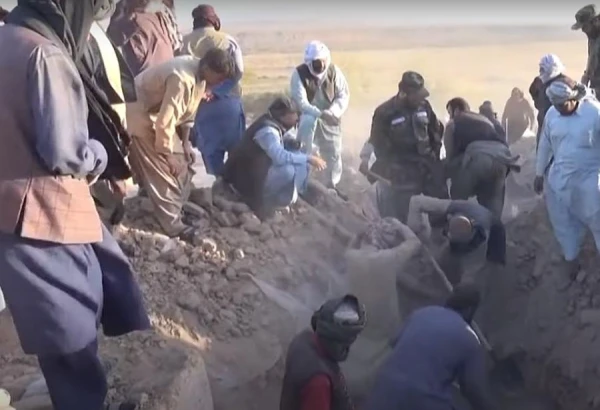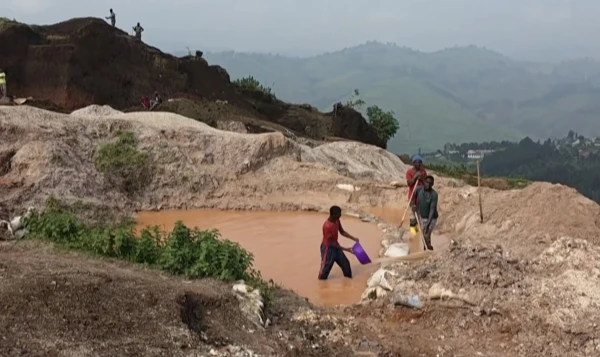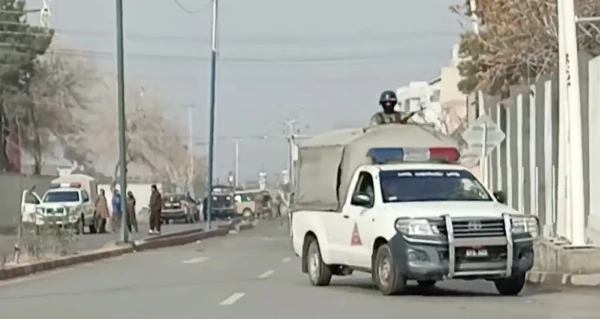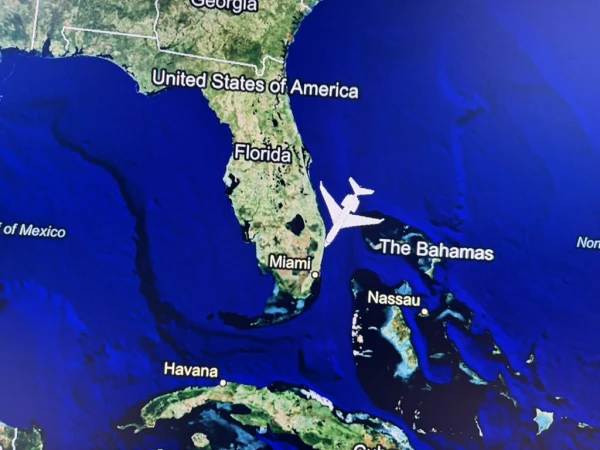
The UN report details how Afghanistan struggles to accommodate refugees who are already returning home, yet EU member states continue to seek the deportation of Afghan asylum seekers who have been denied.
A senior UN official told Euronews that Afghanistan lacks the capacity to accommodate returning refugees in its local communities, while EU member states are seeking ways to send them back home.
In a report by the UN Development Programme (UNDP), about 4.5 million Afghans abroad are returning to their homeland. However, the harsh conditions in the country, including a widespread lack of access to international aid, complicate the reintegration of Afghans returning from abroad.
Among the issues facing Afghanistan are deep poverty, harsh climatic conditions, damage caused by recent earthquakes, and the Taliban's severe violations of basic human rights in everyday life, particularly affecting women and girls.
The inability to accommodate returnees poses a serious challenge for Europe, which would like to deport Afghans living illegally in numerous EU member states.
UNDP Director for the Asia-Pacific region, Kanni Wignaraja, told Euronews that the real situation on the ground makes the idea of mass deportation or return unfeasible.
"There is a mismatch between global calls for people to return to Afghanistan and the capacity of Afghan communities to accept those who are returning," she said.
However, Brussels has begun preliminary negotiations with the Taliban—a regime that the EU does not officially recognize—after 20 European countries advocated for the return of Afghan asylum seekers who have been denied.
According to the latest data from the EU Asylum Agency (EASO), from June to August 2025, 63% of Afghan asylum seekers were recognized as refugees in EU and EFTA countries, although the rates varied significantly by country.
EASO data does not include national forms of protection that are most often granted to Afghans, nor cases appealed in judicial bodies after denial.
Among the Poorest Countries
Afghanistan, with a population of about 44 million, is among the poorest countries in the world: according to the latest data from the adjusted multidimensional poverty index, about two-thirds of the population live below the poverty line.
Wignaraja told Euronews that Afghans are currently returning home mainly from Iran and Pakistan, whether by coercion or of their own accord.
"About 10% of the population returns with no possessions," she said. "In fact, they bring almost nothing with them. Everything they carry, apart from the clothes on their backs, is debt. /.../ Returnees find it very difficult to find work, for example. When they arrive, they have no housing and lack basic healthcare and education services. And most importantly, girls cannot return to school after the sixth grade, and women cannot find work."
Nineteen EU countries and Norway are calling for measures to deport Afghans.
In addition to the challenges of meeting basic needs, international aid rarely reaches returnees as soon as they arrive in Afghan communities.
"When you ask local communities where returnees arrive, if they have seen any international aid, about 76% respond to UNDP that they have not seen any," Wignaraja says.
The Situation of Women
Since the Taliban returned to power in 2021, Afghan women and girls have been stripped of their rights. They are prohibited from receiving any education beyond basic education and almost any work, and their movement and participation in public life are severely restricted.
Wignaraja stated that the EU, in seeking dialogue with the Taliban, must advocate for freedom and rights for women and girls, making this point a priority in negotiations regarding the return of Afghans.
"Every person, man or woman, girl or boy, should have the opportunity to lead a dignified life and ensure their well-being after returning," the UNDP director said. "But most importantly, Afghan girls and women must have the right to education and work. /../ And this, in my opinion, is a huge issue that needs to be addressed in supporting return through international aid.














Leave a comment